August kicks off with World Breastfeeding Week, now on its 27th year since it was first celebrated by the World Alliance for Breastfeeding Action (WABA) in 1992. Every August 1-7, WABA partners with a worldwide network of organizations to encourage breastfeeding, teach the benefits of breastfeeding as a natural, well-studied, and virtually no-cost means to healthier children, and ultimately lay the foundation for a better world through sustainable development.2,4
In 2015, the United Nations set 17 Global Goals for Sustainable Development, which aim to eradicate poverty, inequality, and climate change by 2030. Today, as we celebrate WBW, it’s recognized that the many benefits of breastfeeding go well beyond the mother-child dyad, and directly address 7 out of 17 of the UN’s Sustainable Development Goals (SDGs): 2,3
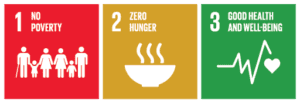
1 – No Poverty, 2 – Zero Hunger, and 3 – Good Health and Well-being
Breastfeeding has been associated with a reduction in both under-five mortality and the risks of developing non-communicable diseases, such as asthma and obesity.
The WHO – another WABA partner – strongly recommends exclusively breastfeeding for the baby’s first 6 months of life, and then in combination with solid foods until the infant is 12 months old. While the decision to breastfeed beyond infancy is entirely up to the mother’s and child’s needs, extended breastfeeding has been associated with reduced risk of breast and ovarian cancers, and even heart disease among mothers in later life. 1,5,7,8
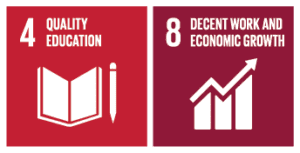
4 – Quality Education, and 8 – Decent Work and Economic Growth
Both physical and childhood cognitive development are boosted by breastfeeding, with studies observing higher cognitive ability, I.Q. scores, learning, and literacy in breastfed children. Any improvement in emerging generations’ cognitive ability and long-term health leads to improvements in human capital, and a country’s healthcare costs and economy. 6,10
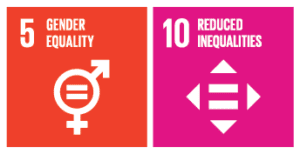
5 – Gender Equality, and 10 – Reduced Inequalities
Women are empowered through birth-spacing, lending mothers in impoverished countries a natural and cost-effective method of birth control. The natural family planning that results from lactational amenorrhea allows women to resume school, work, and active participation in both household and sociocivic duties. 2
This year’s UN SDG Report identified conflict and climate change as the leading contributing factors behind world hunger and forced displacement, driving food insecurity in 18 countries. According to Liu Zhenmin, UN Under-Secretary-General for Economic and Social Affairs, “Transitioning towards more sustainable and resilient societies also requires an integrated approach that recognizes that these challenges—and their solutions—are interrelated.” By celebrating WBW every year until we reach the UN’s set 2030 SDG deadline, we reinforce breastfeeding as an integrated solution that can benefit entire communities and societies.2,9
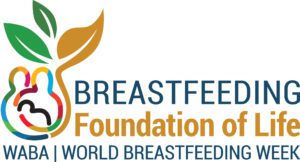
To learn more about why this year’s World Breastfeeding Week was aptly themed, “Foundation of Life”, visit www.worldbreastfeedingweek.org. Here, you’ll find a wealth of downloadable media that you can use to help promote and protect breastfeeding while educating about the benefits of breastfeeding. Keep up with both local and global conversations by following these hashtags on Facebook, Twitter and Instagram: #WBW2018, #WABA, #FoundationOfLife, #breastfeeding, #SDGs, #worldbreastfeedingweek2018.
We at PEPID understand that the unique concerns and needs of Pre- and Post-natal care often go hand-in-hand with those of Neonatology and Pediatrics. As a healthcare provider, you can streamline your treatment for the mother-child dyad in seconds, and at any point-of-care through PEPID’s wide range of mobile suites and seamlessly integrated clinical tools that keep these patient considerations in mind. Sign up for a 2-Week Trial here.
Sources:
- “Acceptable Medical Reasons for Use of Breast-Milk Substitutes.” World Health Organization, World Health Organization, 14 Dec. 2011, who.int/maternal_child_adolescent/documents/WHO_FCH_CAH_09.01/en/.
- “Breastfeeding: A Key to Sustainable Development UNICEF and WHO Joint Message for World Breastfeeding Week 2016.” World Alliance for Breastfeeding Action, 1 Aug. 2016, waba.org.my/breastfeeding-a-key-to-sustainable-development-unicef-world-breastfeeding-week-2016-message/.
- “The Global Goals.” The Global Goals, globalgoals.org/.
- “World Breastfeeding Week (WBW) 2018.” org/2018/wp-content/uploads/2018/07/Press-Release-1.pdf.
- Azuine, Romuladus. “Exclusive Breastfeeding and Under-Five Mortality, 2006-2014: A Cross-National Analysis of 57 Low- and-Middle Income Countries.” International Journal of MCH and AIDS (IJMA), vol. 4, no. 1, 2015, doi:10.21106/ijma.52.
- Cesar, Victora G, et al. “Association between Breastfeeding and Intelligence, Educational Attainment, and Income at 30 Years of Age: a Prospective Birth Cohort Study from Brazil.” The Lancet, Apr. 2015, doi:10.3897/bdj.4.e7720.
- Cordeiro, Brittany. “Breastfeeding Lowers Your Breast Cancer Risk.” MD Anderson Cancer Center, mdanderson.org/publications/focused-on-health/october-2014/breastfeeding-breast-cancer-prevention.html.
- Peters, Sanne A. E., et al. “Breastfeeding and the Risk of Maternal Cardiovascular Disease: A Prospective Study of 300 000 Chinese Women.” Journal of the American Heart Association, vol. 6, no. 6, 2017, doi:10.1161/jaha.117.006081.
- “The Sustainable Development Goals Report 2018 | Multimedia Library – United Nations Department of Economic and Social Affairs.” United Nations, United Nations, un.org/development/desa/publications/the-sustainable-development-goals-report-2018.html.
- Weimer, Jon. “The Economic Benefits of Breastfeeding: A Review and Analysis.” Food Assistance and Nutrition Research Report, aeped.es/sites/default/files/6-economic_benefits.pdf.
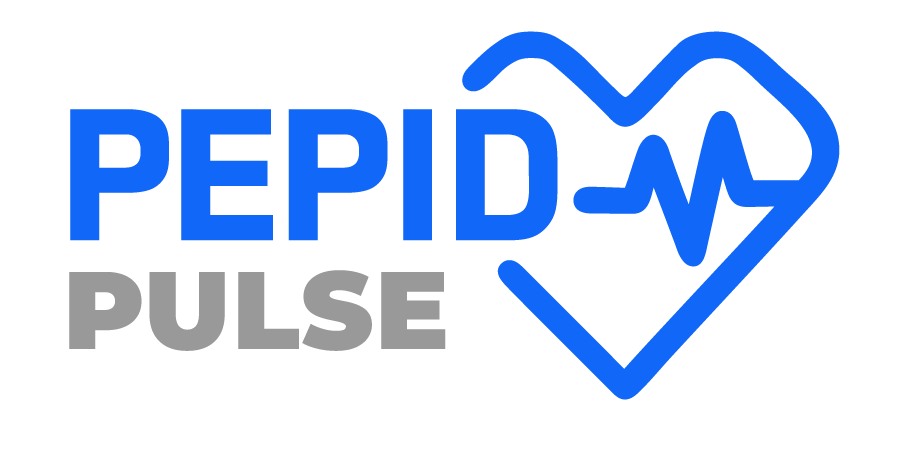
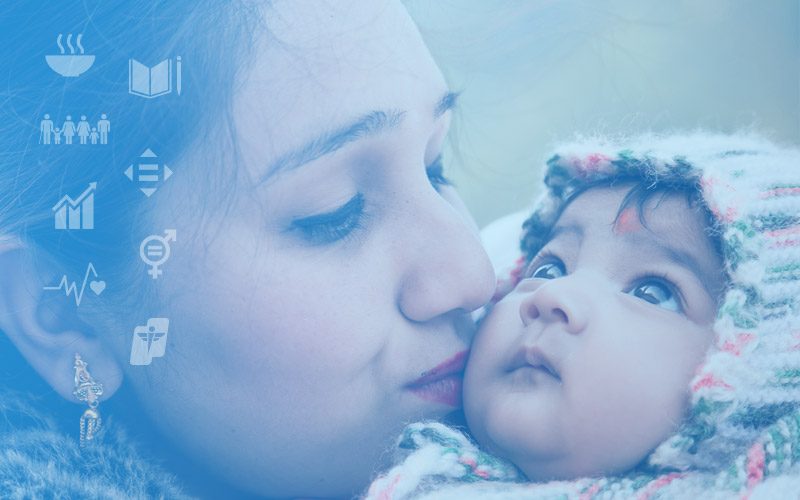
Trackbacks/Pingbacks